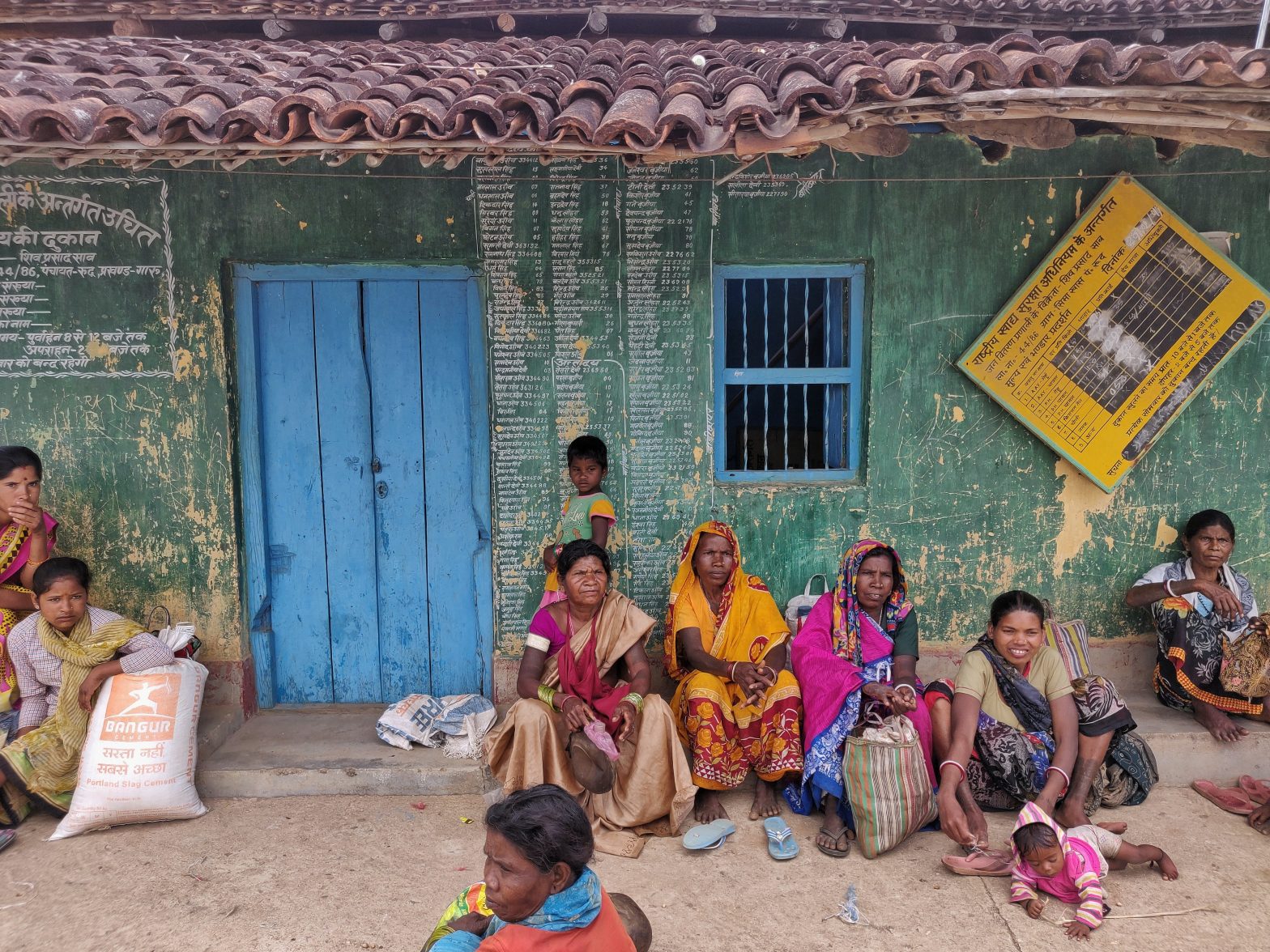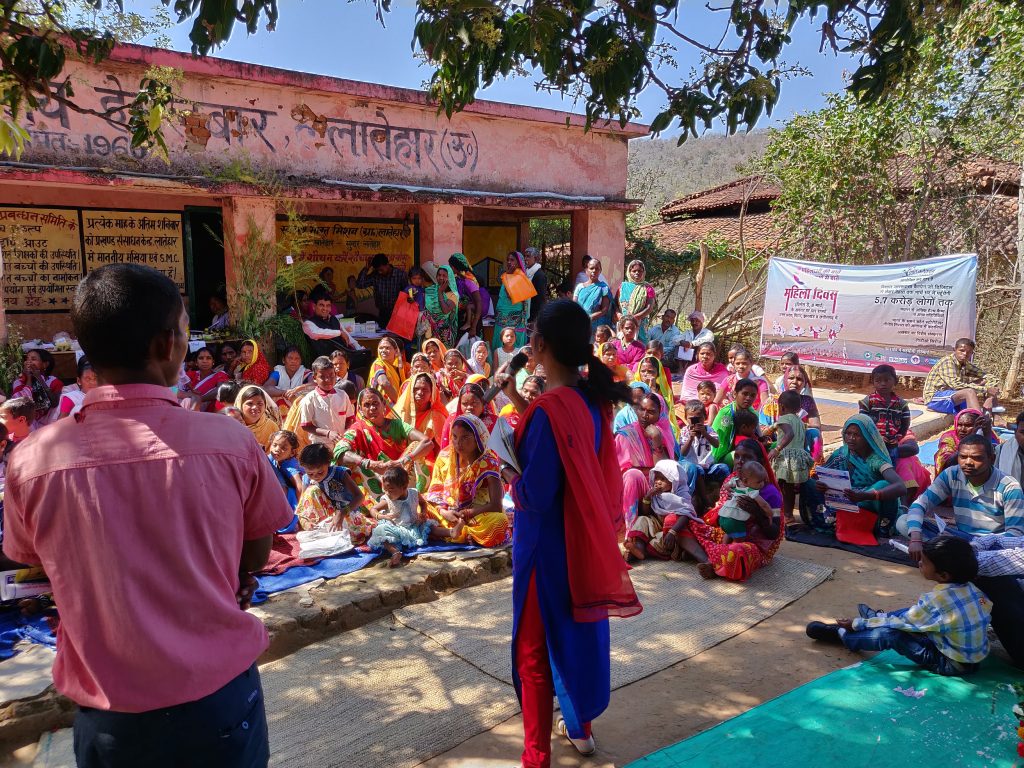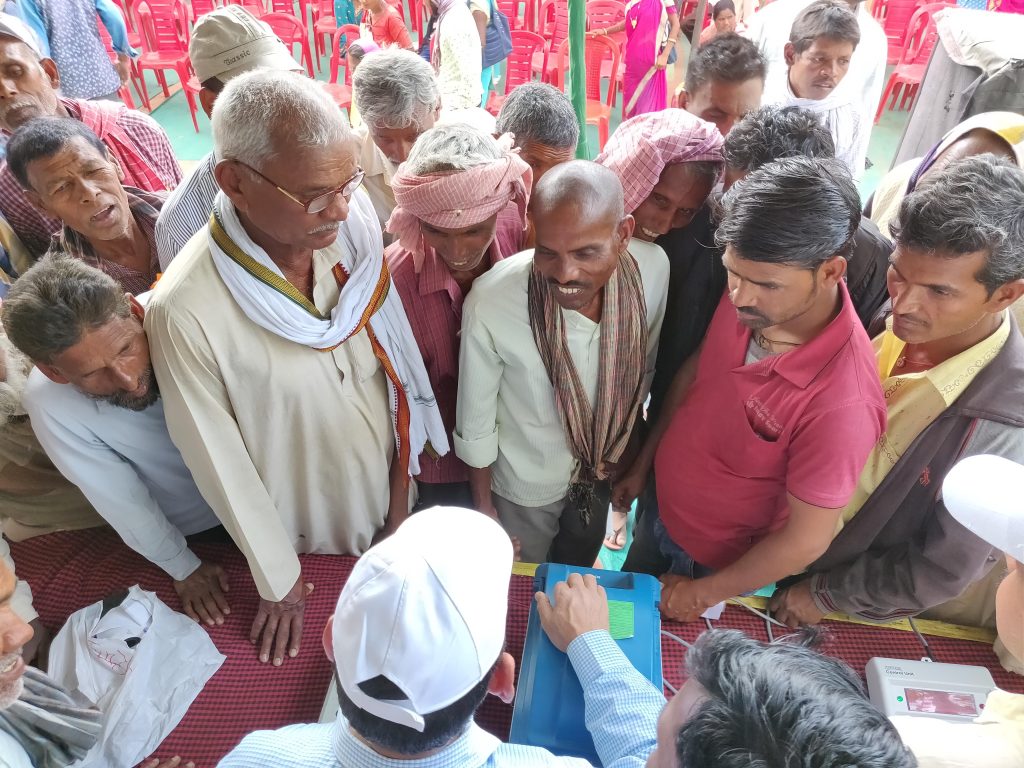
Four hurdles to social change in rural India
Rural India has a long, arduous journey towards socio-economic development. However, there are four major challenges which if addressed could make the journey easier.

Rural India has a long, arduous journey towards socio-economic development. However, there are four major challenges which if addressed could make the journey easier.
About two thirds of India’s population is rural with a per capita disposable income almost half that of their urban counterparts.
This sharp income inequality is a cause for concern.
Rural India is also, by default, the reserve army of under-employed people who provide a bulk of relatively cheap and unskilled labour for the economy.
The ever increasing levels of permanent and seasonal migration of workers from rural India poses several social and economic problems for the country. As and when rural incomes rise, the increase almost immediately translates into significantly increased demand for goods and services.
Reducing multidimensional poverty in rural India is important in itself as well as for fuelling the further economic growth of the country.
Therefore, work on transforming the lives of rural populations is important.
Unwillingness of educated and professionally trained human resources to live and work in rural areas, poor infrastructure development, dispersed and fragmented mandates of agencies involved and the usual funds flow issues of Government systems are some factors said to be causing tardy development. These are all supply side issues.

In the recent past, there have been examples of remarkable performance in delivery of public services (e.g Swachch Bharat Yojana, Ujjwala Yojana, Jandhan Savings accounts, free food distribution during the pandemic etc.) for social development, caused mainly by a concerted “short term” effort to get over these challenges.
Such efforts are expensive as they require huge administrative energy. For this very reason, such instances can not become permanent or reliable to develop durable solutions for multidimensional poverty of a large number of people.
Also Read | What the budget means for rural India
Thus the focus has to be on demand side issues and issues relating to interaction between demand and supply side actors.
In general four hurdles appear to cause under-performance in the rural development sector:
Firstly, lack of awareness among people whose multidimensional poverty is sought to be redressed has been an area of work by a large number of interveners in the civil society sector as well in public agencies.
This lack of awareness concerns two distinct aspects. The first refers to “desirable behaviour” of the people themselves which can lead to salutary results.
The list of specific areas in which such “appropriate behaviour” is not seen is long – avoidance of child marriages, postponing first child birth to a more appropriate age, spacing between children, more equitable food distribution within the family, avoidance of addiction to alcohol, adopting more sensible hygienic practices, sending children to schools rather than deploying them for labour etc.
In none of these and such matters the State bears any direct responsibility. The urgent need in these issues is for education and a degree of social force to make individuals adopt responsible behaviours.
The second aspect relates to lack of awareness among individuals about their specific entitlements. Opacity helps the dishonest or even lackadaisical implementers and hence there is not much serious efforts on the part of the delivery systems themselves to enhance awareness about the entitlements.
Much attention and efforts have been made in this field by making information about entitlements available on digital platforms but poor digital inclusion among the people in need has only led to a new class of gatekeepers.
Much has been written about the social dynamic and power play between players with unequal power in rural areas. “Caste-class-power” nexus is among the most commonly accepted framework for understanding such power play.

One only needs to recognize that rural people are not a homogenous mass. Individual households do have unequal power and access. Cornering of resources and benefits by those with better access and more power is a ubiquitous phenomenon, possibly extending right down to the most oppressed layers of the rural society.
Complex procedures involved in administering development programs cause inordinate delays in delivery of services.
The relatively poor performance for instance of the Swavalamban Cards (Unique Disability ID scheme of Ministry of Social Justice and Empowerment) is possibly the pithiest example of how administrative complexity can reduce the effectiveness of even a highly sensitive and well meaning policy.
Indifference of the implementing state agencies manifests in several ways – deliberate delays, misdirection of resources, rent seeking and poor diligence. These factors are commonly observed and experienced and do not merit a detailed discussion here.
Also Read | How can we kick-start Make in Rural India?
A strong and well mobilized demand system is helpful in addressing these issues and facilitates better performance for addressing multidimensional poverty. Such a demand system can operate “within the establishment” or outside it. The latter involves adversarial relations.
There are far too many examples of state and non-state actors adopting oppressive and high-handed means to counter demand systems operating outside the establishment to wholeheartedly yet sensibly recommend operating outside the establishment.
Operating within the establishment involves crafty resort to perfectly constitutional means for making the state system deliver. The widespread efforts and notable successes of the Self Help Group Federations working with and through the Panchayati Raj Institutions to get services from the state system show that such constitutional means and methods do often work well.
These could well be the most powerful mechanisms for ushering in quicker development of the rural poor.
The lead image at the top shows women in Jharkhand wait outside a PDS ration shop (Photo by Rahul Raman)
Sanjiv Phansalkar is the director of VikasAnvesh Foundation, Pune. He was earlier a faculty member at the Institute of Rural Management Anand (IRMA). Phansalkar is a fellow of the Indian Institute of Management (IIM) Ahmedabad.